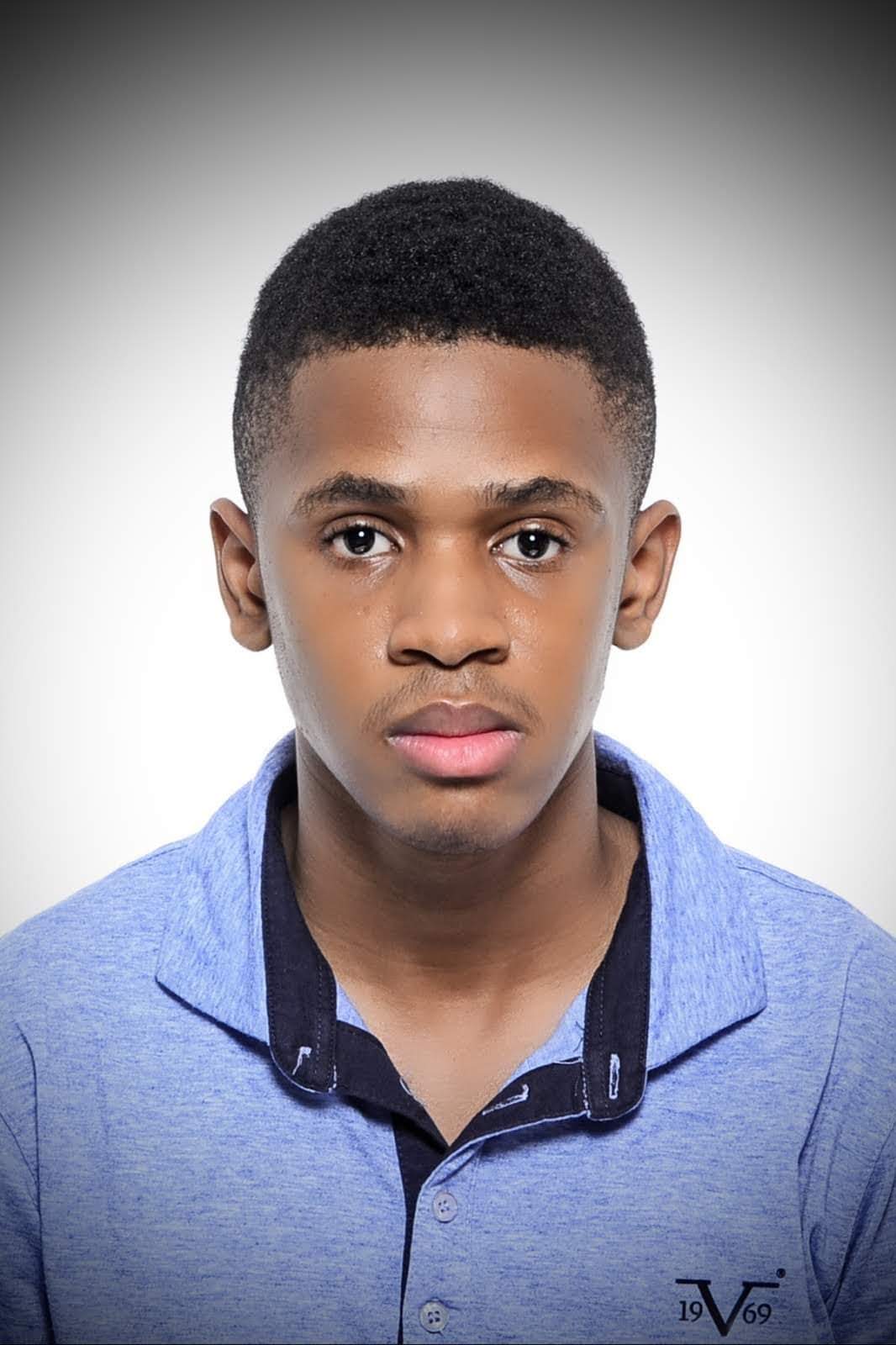St Michael Mother Seeks Funds for Son's Life-Extending Stem Cell Therapy Abroad

September 11, 2024
Desperate mother seeks funds for son's experimental treatment abroad to improve cognitive abilities. Tristan, 20, diagnosed with microcephaly, requires stem cell therapy in Panama City for $35,650.
A St Michael mother is desperately seeking funds for an experimental treatment abroad that could extend her son’s life and improve his cognitive abilities.
Tristan Thorpe, 20, has been diagnosed with microcephaly, a rare condition where the brain grows but the skull does not, leading to severe complications.
Sabrina Bovell told Barbados TODAY that her son requires innovative stem cell therapy, unavailable here, to be administered in Panama City. The treatment involves intravenous delivery of 80 million expanded allogeneic mesenchymal stem cells over five days, at a cost of US$17 825 ($35 650).
“After reading up on him and checking his reports, they said he’s a potential candidate for it and that they are willing to see how best they can help him and that’s all every parent wants, you know? To see their child improve,” Bovell said.
Tristan, from Pine, St Michael, was initially diagnosed with autism and speech delay at age three. Despite early interventions, Bovell noticed symptoms that seemed more severe than typical autism.
“When he was younger, the doctors said he was just going through typical developmental changes. But as he grew, it became clear there was something more severe,” she explained. “Through speech therapy, he began to say a few words like ‘head hurting’ and ‘stomach hurting’…. As a parent, you’d be concerned because this is not autism. This boy is trying to tell us a message.”
The underlying condition of microcephaly was ultimately diagnosed by geneticists at St Joseph University Hospital in Paterson, New Jersey.
“We ran some more tests and scans and they realised that he had inadequate head growth,” Bovell said. “They say that usually a [shunt] is placed in a child’s head and then taken out at 16 years old to give space in the brain but because we discovered Tristan’s condition so late, the prognosis is uncertain.”
Microcephaly is a neurodevelopmental disorder that is often associated with developmental delays and intellectual disabilities. The condition can arise from genetic or environmental factors, such as infections during pregnancy – like the Zika virus –that affect foetal brain development.
Allogeneic mesenchymal stem cells (MSCs) are a specific type of unique cells in an adult body that can serve as a sort of repair system, capable of dividing and renewing themselves for long periods. “Allogeneic” means that these stem cells are obtained from a donor rather than from the patient. Mesenchymal cells are derived from a donor’s bone marrow, fat, or umbilical cord tissue.
MSCs are considered to be particularly valuable in therapy because they can differentiate into various cell types. They have also been shown to have anti-inflammatory properties, which can help in healing and tissue repair.
Bovell is hopeful that the stem cell therapy will improve her son’s cognitive abilities and his ability to relate to others.
“If the treatment works, we will see a change in him in terms of his development,” she said. “It also will help him to relate a bit more to us. He will also be able to understand more. His brain may be able to function better and even if he had a lifespan, because of the situation now, it may extend that he can spend a lot more years with us – and I want that more than anything.”
It is also Bovell’s desire for Tristan’s treatment to pave the way for similar assistance to other microcephaly sufferers.
“If this treatment works for Tristan, I hope it opens doors for others in Barbados and beyond,” she said. “My ultimate goal is to help not just Tristan but others who are struggling with similar conditions.”
The mother’s commitment to seeing her son’s life improve led her to switch career pursuits from her initial interest in becoming a flight attendant to now specialising in caregiving for children with autism.
“I needed to understand and help in any way I could,” Bovell said. “So, I decided to work closely with children with special needs, both as a teaching aide and a classroom assistant.”
Those wishing to support Tristan’s treatment can make donations to Sagicor Bank, Worthing Branch, savings account 2088045805, or contact Sabrina Bovell directly at 258-7437.
shannamoore@barbadostoday.bb


